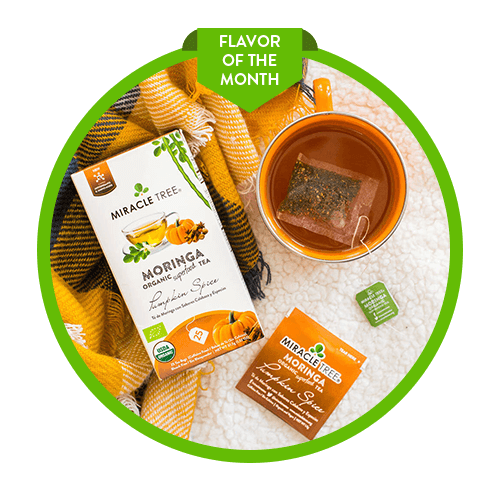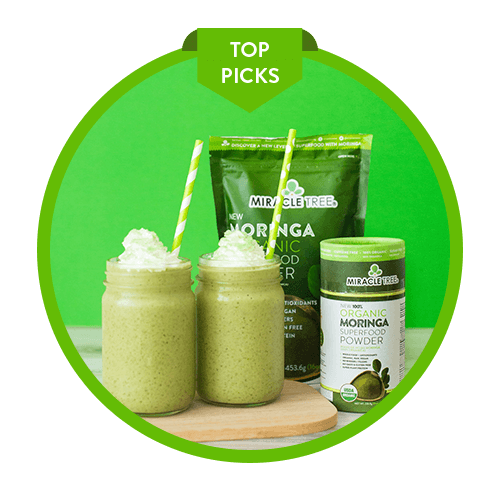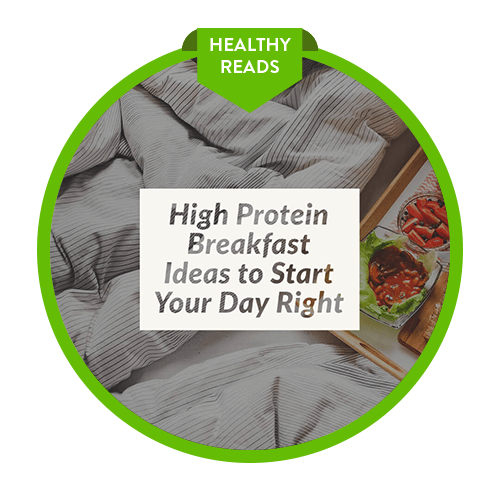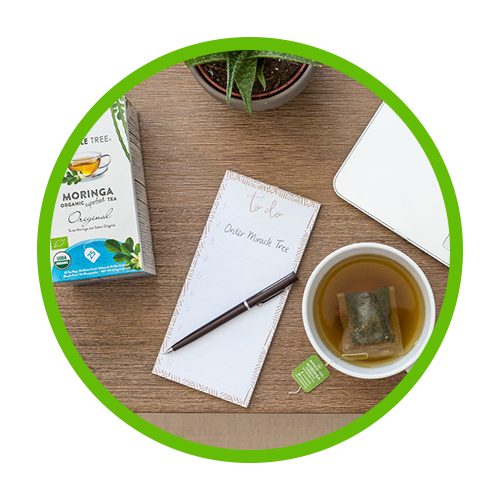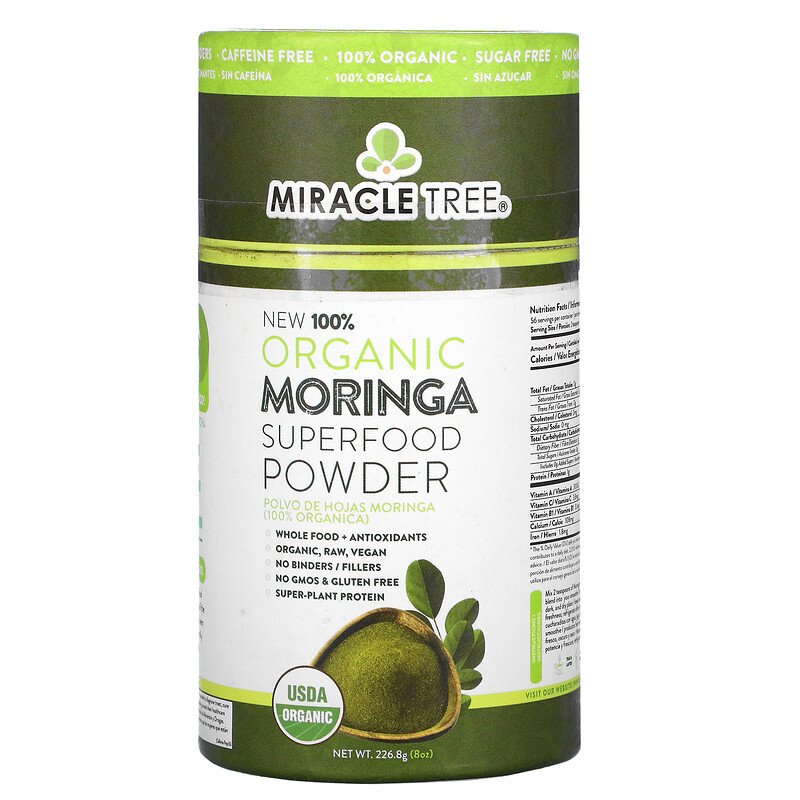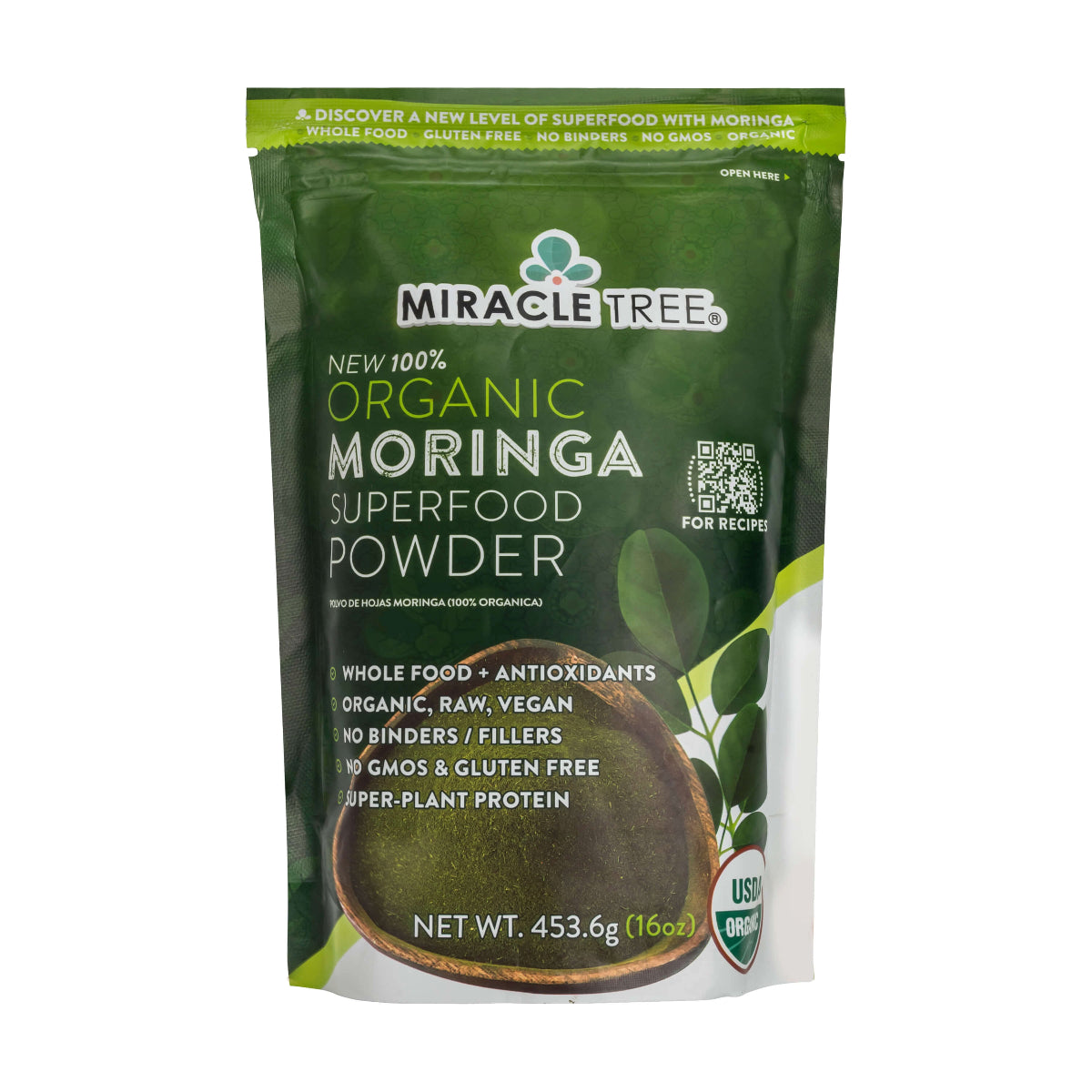10 nutrients that are essential for your happiness
“Happiness is nothing more than good health and a bad memory.” – Albert Schweitzer
Our entire life revolves around the idea of being happy, but ‘happiness’ is such a vague concept that no one really knows how to define it. Instead, we like to describe how we feel when we experience it. That being the case, most of us will probably say that when we’re happy, we feel energized, in-the-moment, at peace, confident and accepted.
Do you notice a common theme?
If happiness is all about feeling energized, in-the-moment, at peace, confident and accepted, then happiness is all about being healthy. I don’t know if you got the memo but chances are that if we take care of our body – physically, mentally and emotionally – we’ll find ourselves at a happier place in our lives. Let me phrase another way… with proper nutrition, exercise, and a supportive environment, you’ll be able to thrive in ways that you didn’t know you could.
Even though most of us know how working out and being around positive people can make us feel better, we fail to recognize how our diet impacts our happiness.
Nutrition and happiness: What you eat can make you happier
Have you ever heard that saying ‘if you eat like trash, you’ll feel like trash’?
Well, there’s definitely a whole lot of truth to that statement. Most of us know that our bodies rely on the food that we eat to function, and yet we’re unaware of the undeniable link between the food that we eat and how we feel. You see, there are certain vitamins and minerals that help to regulate our mood, boost our energy and combat depression.
If you didn’t know, our cognitive system plays a key role in determining how we feel, and it relies heavily on the supply of a variety of vitamins and nutrients for it to be able to perform at its best. In fact, researchers who have studied the link between the brain and food, have identified the following ten nutrients that can boost our mood and fight depression[1].
|
Nutrient |
Benefit |
|
Calcium |
-Can alleviate depression symptoms associated with PMS[2] |
|
Chromium |
-Increases insulin sensitivity and helps the body absorb glucose through the blood stream[3], which is especially important for the brain -Works directly with our brain’s mood regulators by helping to increase the levels of serotonin, melatonin and norepinephrine[4] |
|
Folate |
-Usually paired with vitamin B12 to fight depression -Helps the body create new cells and supports serotonin regulation[5] |
|
Iron |
-Can help boost a woman’s mood and intellectual ability[6] -Fights fatigue and symptoms of depression |
|
Magnesium |
-Increases physical endurance -Improves the quality of sleep[7] |
|
Omega 3 |
-Combats depression -Improves cognition[8] |
|
Vitamin B6 |
-Aids in the production of multiple neurotransmitters and hormones, including serotonin and norepinephrine, that influence mood [9] |
|
Vitamin B12 |
-Assists in nerve growth and development -Helps to concentrate -Improves memory -Provides emotional and mental energy -Balances mood[10] |
|
Zinc |
-Fights depression -Improves sex drive -Supports immune system |
|
Vitamin D |
-Helps maintain the immune system -Critical for the effectiveness of serotonin -Regulates cell growth |
As you`ve probably noticed, a handful of these nutrients aid in the production of serotonin and norepinephrine. For those of you who don’t know, both of these chemicals are extremely important for our body - especially for our mood. On one hand, serotonin impacts everything from our emotions to our motor skills. It’s widely recognized as a natural mood stabilizer, which is used to regulate anxiety and combat depression[13]. On the other hand, norepinephrine acts as both a stress hormone and a neurotransmitter in the central nervous system, which heightens alertness, arousal and reaction time.
Needless to say, the fact that these nutrients play an important role in the production of serotonin and norepinephrine, means that they’re essential for our happiness.
So, if I eat these nutrients, will I be happier?
Well, yes and no.
First and foremost, I want you to understand that eating healthier will not make your problems go away. Your work will continue to stress you out, your partner will keep doing things that upset you and the imperfections in your life will continue. That’s just how life is. However, eating healthier will give your body the tools that it needs to regulate your mood and fight off those horrible symptoms of depression, which will lead you to a happier lifestyle.
Even though there are a variety of ways that you could acquire these nutrients, I suggest that you eat nutrient-rich foods, like spinach, and drink vitamin-rich supplements, like moringa tea. Let’s be honest, vitamin pills are not as effective as eating the real thing.
Try to add these nutrients in your diet on a daily-basis for a month and pay attention to how you feel. Then, ask yourself…
Do you have more energy? Are you at peace? Are you living in-the-moment?
Most importantly… Are you happy?
* Disclaimer: Miracle Tree® products are not intended to diagnose, treat, cure, or prevent any disease.
Sources:
[1] https://greatist.com/happiness/nutrients-boost-mood
[2] https://www.livestrong.com/article/91388-calcium-depression/
[3] https://www.psychologytoday.com/articles/200304/magic-mineral-lifts-your-mood
[4] https://greatist.com/happiness/nutrients-boost-mood
[5] https://www.washingtonpost.com/national/health-science/10-nutrients-that-can-lift-your-spirits/2014/01/14/05f4e514-7a4d-11e3-b1c5-739e63e9c9a7_story.html?utm_term=.2639aaec06da
[6] http://www.deakin.edu.au/about-deakin/media-releases/articles/iron-and-zinc-found-to-be-a-mood-booster-for-women
[7] https://www.insidetracker.com/blog/post/71748521706/mighty-magnesium-how-one-mineral-can-improve-your#
[8] http://www.lifeextension.com/magazine/2007/10/report_depression/Page-01
[9] http://www.umm.edu/health/medical/altmed/supplement/vitamin-b6-pyridoxine
[10] https://blog.radiantlifecatalog.com/is-vitamin-b12-deficiency-ruining-your-mood
[12] http://www.tranquilitylabs.com/why-vitamin-d-is-critical-for-a-happy-mood/
[13] https://www.healthline.com/health/mental-health/serotonin#functions

